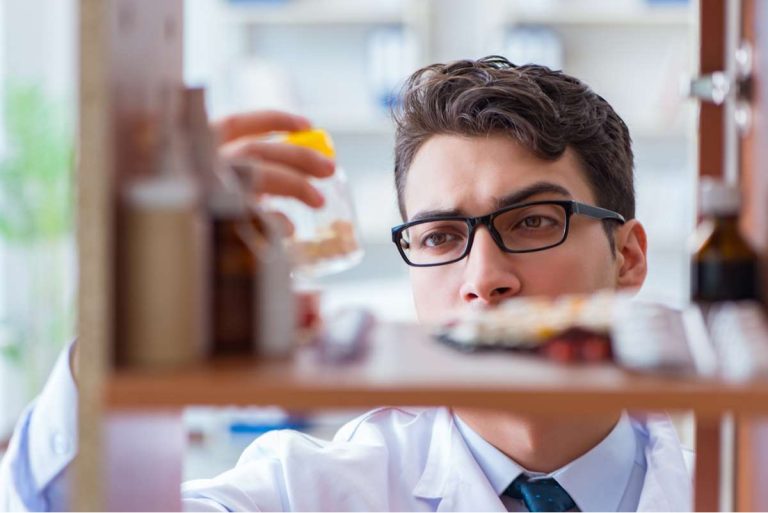Many people with alcohol use disorder hesitate to get treatment because they don’t recognize that they have a problem. An intervention from loved ones can help some people recognize and accept that they need professional help. If you’re concerned about someone who drinks too much, ask a professional experienced in alcohol treatment for advice on how to approach that person.
Drugs & Supplements
To address this, recent initiatives are enhancing education for both practicing and training providers through mandatory training programs and curriculum enhancements in medical schools. Further, recent changes to SUD confidentiality regulations are expected to simplify the diagnosis and coordination of care for individuals with substance use disorders (SUD). Insufficient treatment infrastructure or a shortage of a skilled workforce to staff facilities and deliver care can also play a role in treatment rates. Mutual-support groups provide peer support for stopping or reducing drinking.
How do behavioral therapies treat drug addiction?
Detox may involve gradually reducing the dose of the drug or temporarily substituting other substances, such as methadone, buprenorphine, or a combination of buprenorphine and naloxone. The goal of detoxification, also called “detox” or withdrawal therapy, is to enable you to stop taking the addicting drug as quickly and safely as possible. For some people, it may be safe to undergo withdrawal therapy on an outpatient basis.
Products & Services
While far more people drink than use cannabis, drinking frequently has become slightly less common than it was around 15 years ago, the study found. But the proportion of people in the U.S. who use cannabis frequently has increased 15-fold Top 5 Advantages of Staying in a Sober Living House in the three decades since 1992, when daily cannabis use hit a low point. The adverse consequences of alcohol consumption include the negative consequences of drinking on individuals other than the drinkers themselves, including…

Signs of an Alcohol Problem
Here’s some information to help you get ready for your appointment, and what to expect from your health care provider or mental health provider. If your provider suspects that you have a problem with alcohol, you may be referred to a mental health provider. Substance use disorder (SUD) is a treatable mental disorder that affects a person’s brain and behavior, leading to their inability to control their use of substances like legal or illegal drugs, alcohol, or medications. Symptoms can be moderate to severe, with addiction being the most severe form of SUD. Someone with an alcohol addiction who has remained sober for months or years may find themselves drinking again.
Further, a psychologist may play an important role in coordinating the services a drinker in treatment receives from various health professionals. Rises in alcohol deaths may be attributed to a variety of factors including, in part, increases in drinking and low treatment rates. Alcohol consumption and some indicators of binge drinking have been on the rise in recent years, particularly among some demographic groups.
Celebrating 75 Years! Learn More >>
- While medication-assisted treatments (MATs) have been the major therapeutic approach for opioid use disorders, alcohol use disorders have gone mostly untreated.
- “There are people who use every day but only use once a day, and there are people who use every day but use six times a day,” Caulkins said.
- However, HHS has set a priority goal of reducing emergency department visits for acute alcohol use, mental health conditions, suicide attempts, and drug overdoses by 10% by 2025.
- It also includes binge drinking — a pattern of drinking where a male has five or more drinks within two hours or a female has at least four drinks within two hours.
“But for all of those people, it’s essentially a part of their daily life, not a part of their social or recreational life,” Caulkins said. WHO’s Global status report on alcohol and health 2018 presents a comprehensive picture of alcohol consumption and the disease burden attributable… Information about NIMH, research results, summaries of scientific meetings, and mental health resources.
- Physical addiction appears to occur when repeated use of a drug changes the way your brain feels pleasure.
- An estimated 3 in 10 people who use marijuana meet the definition of addiction, known as marijuana use disorder.
- Three medications are currently approved in the United States to help people stop or reduce their drinking and prevent relapse.
- NIMH supports research at universities, medical centers, and other institutions via grants, contracts, and cooperative agreements.
Contrary to myth, being able to “hold your liquor” means you’re probably more at risk — not less — for alcohol problems. Yet a family history of alcohol problems doesn’t mean that children will automatically grow up to have the same problems. Nor does the absence of family drinking problems necessarily protect children from developing these problems. When asked how alcohol problems are treated, people commonly think of 12-step programs or 28-day inpatient rehab but may have difficulty naming other options. In fact, there are a variety of treatment methods currently available, thanks to significant advances in the field over the past 60 years. Research shows that about one-third of people who are treated for alcohol problems have no further symptoms 1 year later.
Alcohol addiction, also known as alcoholism, is a disease that affects people of all walks of life. Experts have tried to pinpoint factors like genetics, sex, race, https://thefloridadigest.com/top-5-advantages-of-staying-in-a-sober-living-house/ or socioeconomics that may predispose someone to alcohol addiction. Psychological, genetic, and behavioral factors can all contribute to having the disease.

